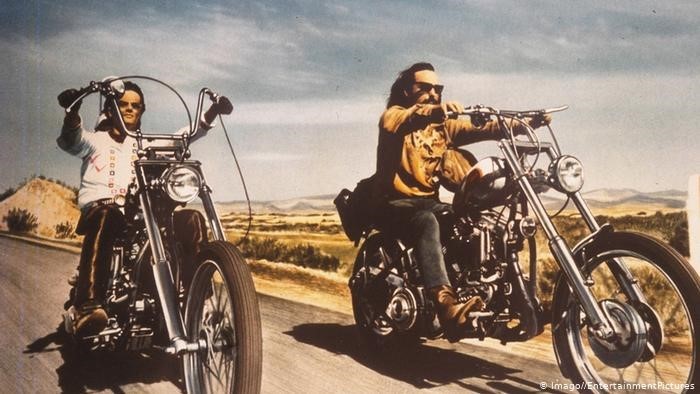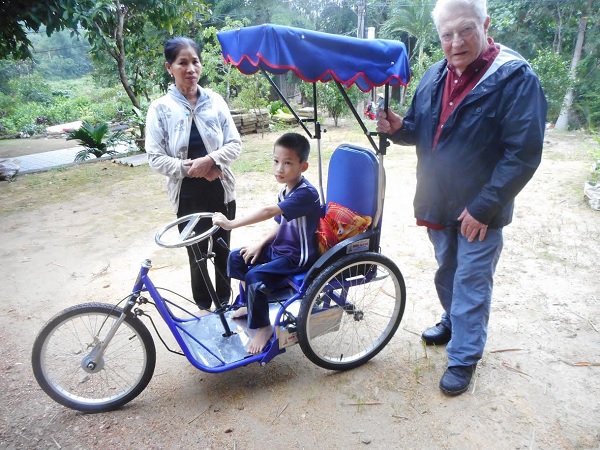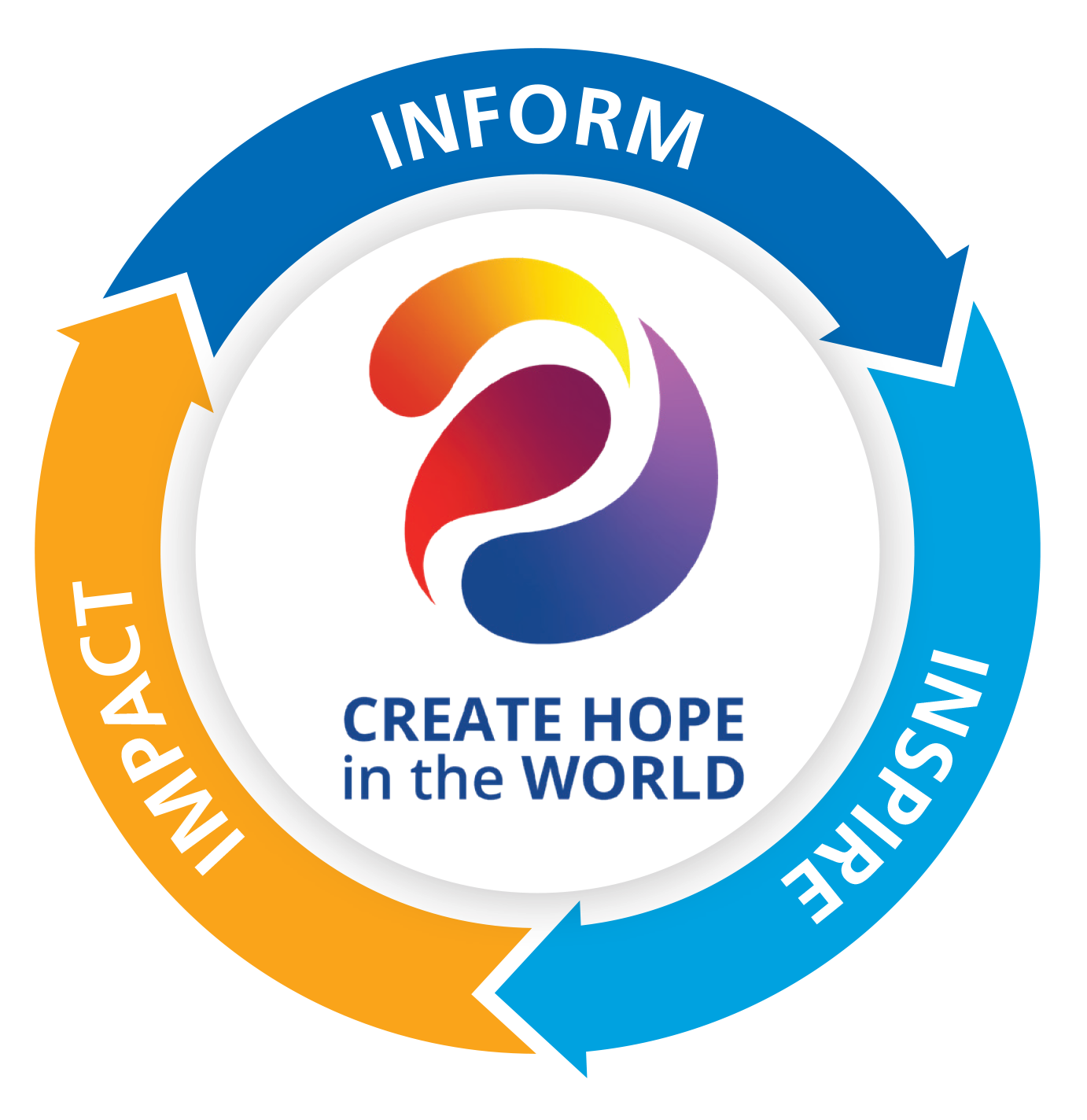 To mark the 100 years of Rotary activity in Australia and New Zealand, clubs are choosing innovative projects in their local communities, as well as offshore settings. The Rotary Club of Werribee demonstrates that with a bit of determination and chutzpah (audacity), life-changing events can happen.
To mark the 100 years of Rotary activity in Australia and New Zealand, clubs are choosing innovative projects in their local communities, as well as offshore settings. The Rotary Club of Werribee demonstrates that with a bit of determination and chutzpah (audacity), life-changing events can happen.Thanh and Nhan are from different villages surrounding Hue, in central Vietnam, a romantic city where once the Nguyen Dynasty emperors resided. These two 10-year-old boys were born with spina bifida. Their impoverished families couldn’t afford corrective surgery after they were born and coincidently, each boy fell over at age three and became paraplegic due to severely damaged spinal cords. There was certainly no money for wheelchairs.
As luck and kismet would have it, in 2010 the current president of Werribee Rotary Club, Michael Redding, who had just retired, took a holiday in Vietnam. During his travels he chatted to some school boys in the street. A Vietnamese man joined the conversation who would become Michael’s close friend.
“Dung (pronounced Dzung) and I bonded straight away and each year when I returned to Vietnam I would stay at his home. He’d been visiting remote tribes in the mountains since childhood so he took me on unique adventures to places no white people had been.
“Through our connection, I got to know a retired doctor who was head of a hospital that cared for disabled children in Ho Chi Minh City. We discussed what could be done to help because although Vietnam is a rapidly developing country, with a population of 97 million, the communist government faces substantial challenges. It’s making huge efforts to provide for essential community needs such as schools, hospitals, transport and energy, however, people with special needs are way down the list of priorities.”
 Prior to the Vietnam War, seven Rotary clubs were well established in Vietnam but since 1975 they were no longer welcome. To this day, probably because the sins of the Americans are not forgot, Rotary International is still unable to establish any clubs. This presents big challenges for Australian Rotary clubs wishing to undertake community projects there. To get around this, some clubs have successfully partnered with NGO’s and religious organizations in Vietnam.
Prior to the Vietnam War, seven Rotary clubs were well established in Vietnam but since 1975 they were no longer welcome. To this day, probably because the sins of the Americans are not forgot, Rotary International is still unable to establish any clubs. This presents big challenges for Australian Rotary clubs wishing to undertake community projects there. To get around this, some clubs have successfully partnered with NGO’s and religious organizations in Vietnam.
As luck would have it, the doctor’s son was involved in an NGO. In Michael’s case, his talks to Rotary Club of Werribee and Rotary Club of Flemington raised the funds for four self-propelled tricycle wheelchairs, and with the help of the NGO, they could deliver the project.
These wheelchairs are easily propelled by pushing a steering column backwards and forwards. They’re comfortable, manoeuvrable and can travel at speeds of up to 10 km per hour on the local roads. In 2019, these were purchased from the manufacturer in Ho Chi Minh City at $380 apiece, which included trucking them to Dung’s home in Bang Lang Village, near Hue. Next came the challenging task of locating the actual houses of four very disabled boys across villages surrounding Hue. Dung’s family members and friends volunteered to help.
“Such profoundly disabled people spend most of their lives inside their homes cut off from the outside world so relatively few people know about them,” said Michael.
After some effective detective work, the wheelchairs were distributed to Thanh and Nhan. The other recipients were Moi, a 30-year-old who was rendered paraplegic after falling off his motorbike at age 14. He’d spent his life immobilized on his bed, and Khan, a 16-year-old boy with cerebral palsy, who observed the world from his living room window.
“For Dung and I, it was incredibly satisfying to see the excitement and joy on their faces as they sat in their wheelchairs for the first time and propelled themselves into their new world. It was absolutely transformational for them to have independent mobility. It opened up their worlds,” said Michael.
As the Rotary wheel moves us forward into our centenary year, we’re being asked to be bold and unafraid to mount projects and form partnerships that will create an even more impactful future. We’re to focus on ways to regenerate and enliven Rotary, and attract membership. Ventures like the wheelchairs for Vietnam project show us that so much can be achieved with so little.
So, what will your centenary project be?

